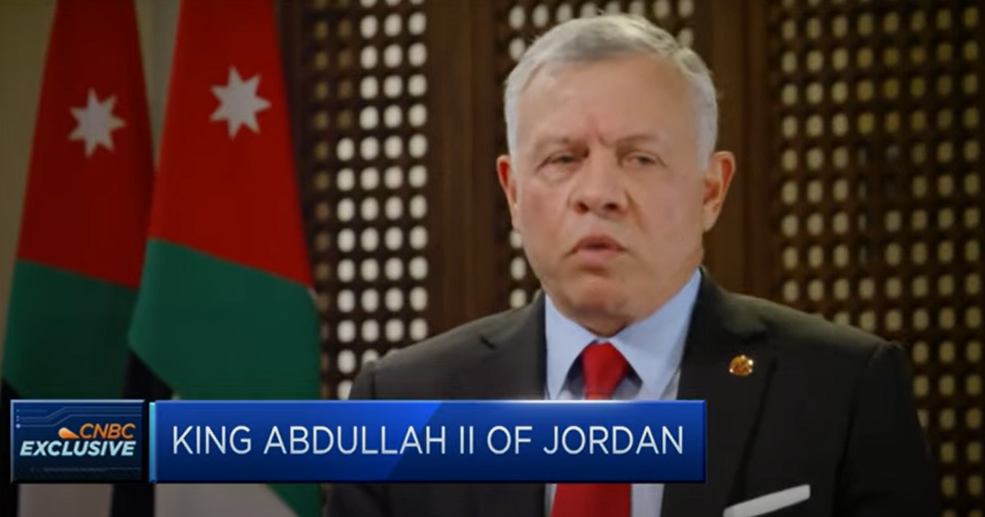Despite Hamas’s efforts to challenge the Hashemite royal house and instigate protests and border crossings into Israeli territory, senior Hamas official Musa Abu Marzouk announced in a surprising turn on Tuesday, during an interview with the Iranian television network “Al-Alam,” that if forced to leave Qatar, the Hamas leadership would seek refuge in Jordan.
However, the relationship between Jordan and the Hamas movement has remained severed since the beginning of the conflict in the Gaza Strip.
A senior Jordanian official condemned Musa Abu Marzouk’s statement as a provocation against the Jordanian regime, designed to garner sympathy for Hamas among the Jordanian population, echoing recent attempts by Hamas leaders such as Khaled Mashal, Muhammad Def, and Abu Obeideh, the spokesperson for the Hamas military wing.
The official emphasized that Jordan has closed the door on hosting offices for Palestinian factions and will not entertain the idea of reopening them under any circumstances.
He also stated that any Hamas official with Jordanian citizenship seeking to return must renounce any ties to external organizations.
Jordanian intelligence suspects that Musa Abu Marzouk’s statements were prompted either by the political leadership in Iran or by the Revolutionary Guards.
Under Jordanian law, the establishment of offices by Palestinian factions within the kingdom is prohibited.
Jordan officially recognizes the Palestinian Authority as the sole representative of all Palestinians through its embassy in Amman.
King Abdullah remains mindful of the challenges faced by his father, King Hussein, during the events of September 1970, when Palestinian organizations attempted to overthrow the monarchy and seize control of Jordan.
He also remembers how Hamas offices in Jordan were used to coordinate attacks against Israel and engage in terrorist activities within Jordan itself, leading to Israel’s attempted assassination of Khaled Mashal in Amman in 1996.
In response to the attempted assassination, King Abdullah diplomatically expelled Hamas leaders from the kingdom and closed their offices in Amman, fearing that Jordan would become a battleground between the Israeli Mossad and Hamas leaders.
In recent weeks, Hamas has collaborated with Iran and the Muslim Brotherhood movement to escalate protests in Jordan against King Abdullah’s rule and his ties with Israel.
Jordanian intelligence has detained Hamas supporters who incited against King Abdullah, with most being released and some facing prosecution.
With parliamentary elections scheduled for September, King Abdullah is actively working to mitigate the potential increase in Hamas’s influence in parliament following the elections.




